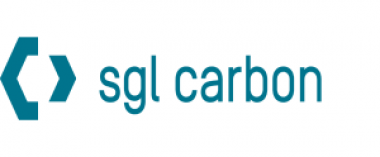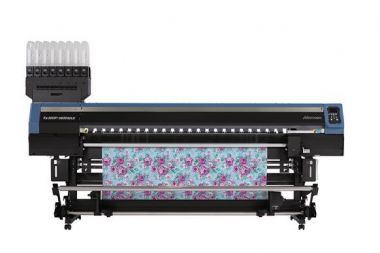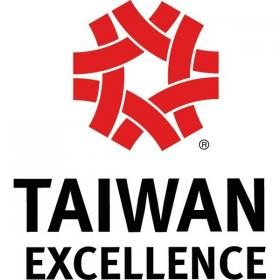U.S. Textile and Nonwoven Associations Urge Government to Deem Manufacturing
Textile and nonwoven associations issued a joint statement today urging federal, state and local governments to deem textile and nonwoven manufacturing facilities as “essential” when drafting “Shelter in Place” orders in response to the COVID-19 crisis.
Our associations recognize the serious challenges our elected officials, health administrators, and others are facing when issuing orders to protect communities across the country and we understand the necessity for leaders to enforce a ‘Shelter in Place” order or quarantine orders.
Our members make a broad range of inputs and finished products used in an array of personal protective equipment (PPE) and medical nonwoven/textile supplies, including surgical gowns, face masks, antibacterial wipes, lab coats, blood pressure cuffs, cotton swabs and hazmat suits. These items are vital to the government’s effort to ramp up emergency production of these critical supplies.
If workers who produce these goods are not granted an “essential” exemption from “Shelter in Place” and other quarantine orders to go to their manufacturing and distribution facilities, it will cause major disruptions in the availability of these goods. This will create significant hardship to healthcare providers and consumers across the country who depend on steady and stable supplies of these critical items.
We are asking the administration and state and local authorities to provide greater certainty and clarity for our companies and employees and ask for a clear exclusion of our manufacturing operations from “Shelter in Place” orders as the textile and nonwoven products that we make in the U.S. play an essential role in mitigating the shortages of critical supplies. Such a designation will help us avoid disruptions of vital goods and services during this challenging time.
NCTO
IFAI
INDA

















